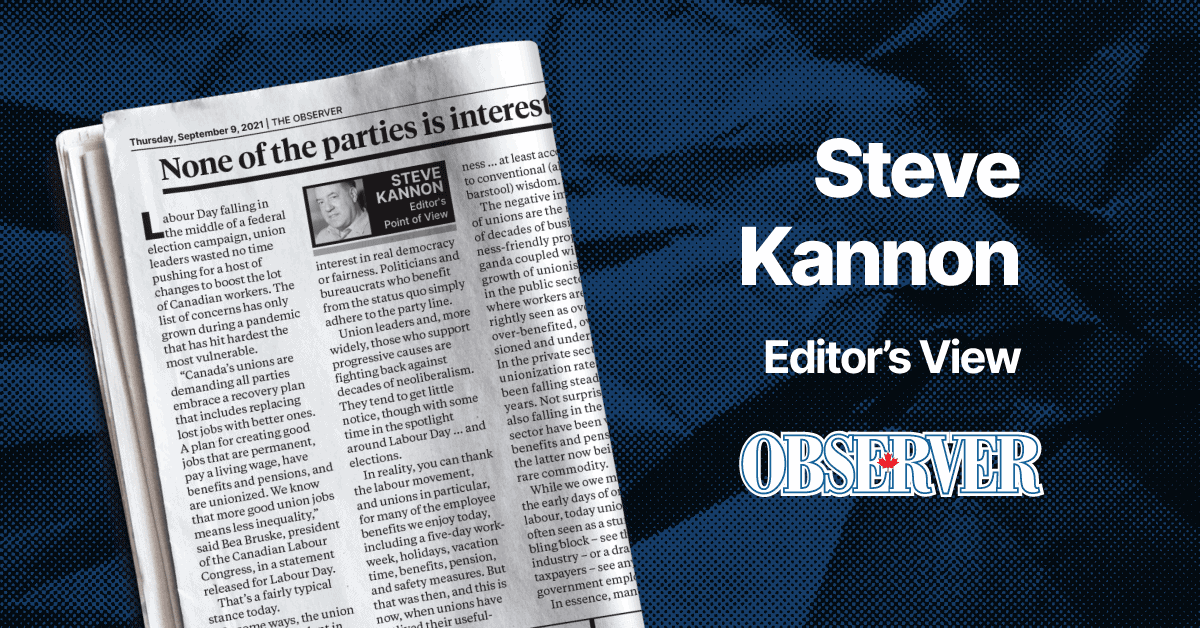;
;
;
Next Article
Elon Musk: the benign sociopath

The prospect of a winter spent in the cold and dark is a daily reality for Ukrainians. That’s precisely the goal behind Russia’s targeting of energy infrastructure as it continues to pursue Vladimir Putin’s pipedream of restoring the Soviet empire. The impact of the war is also being felt across Eur
Last updated on May 03, 23
Posted on Nov 03, 22
4 min read
